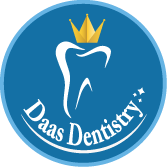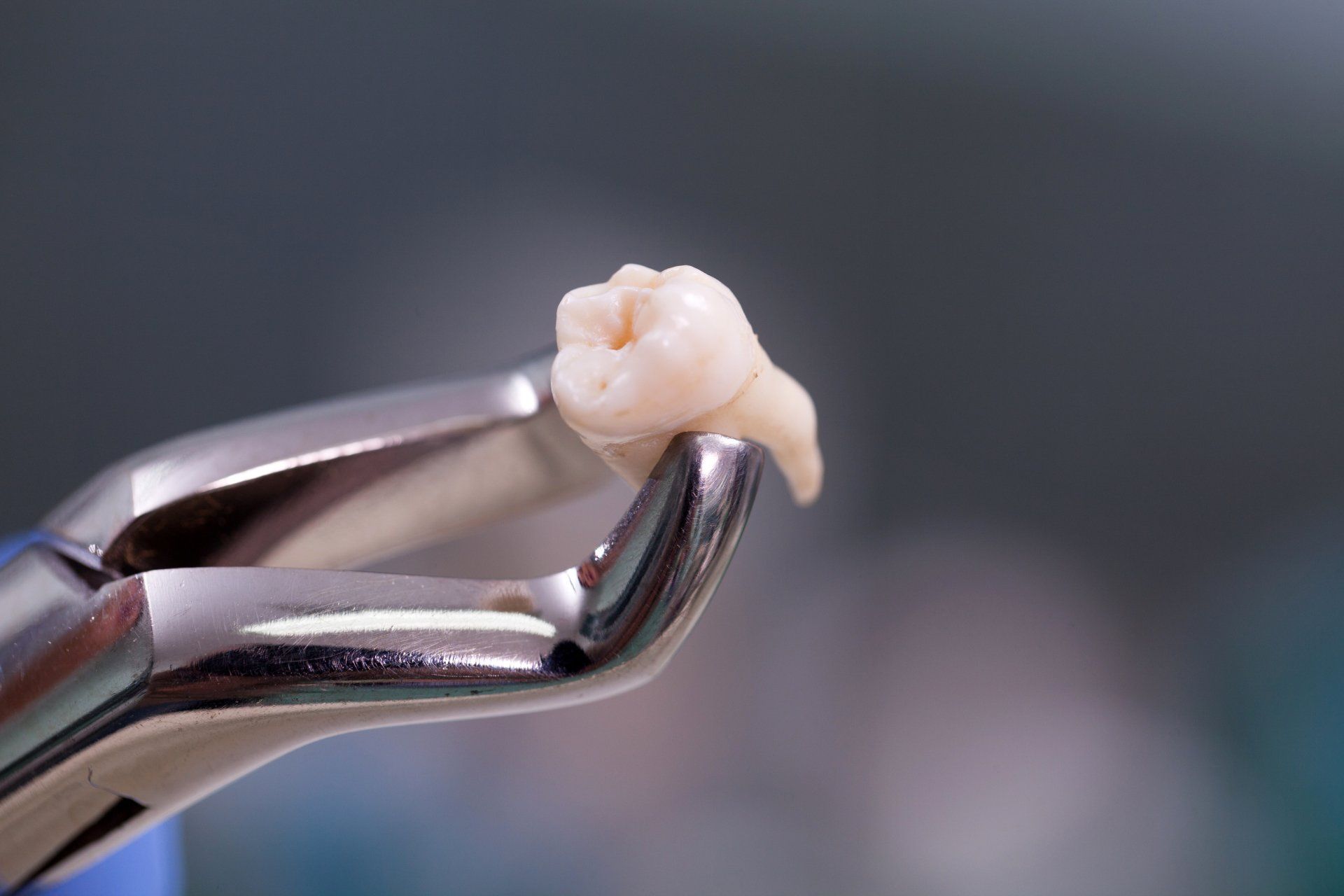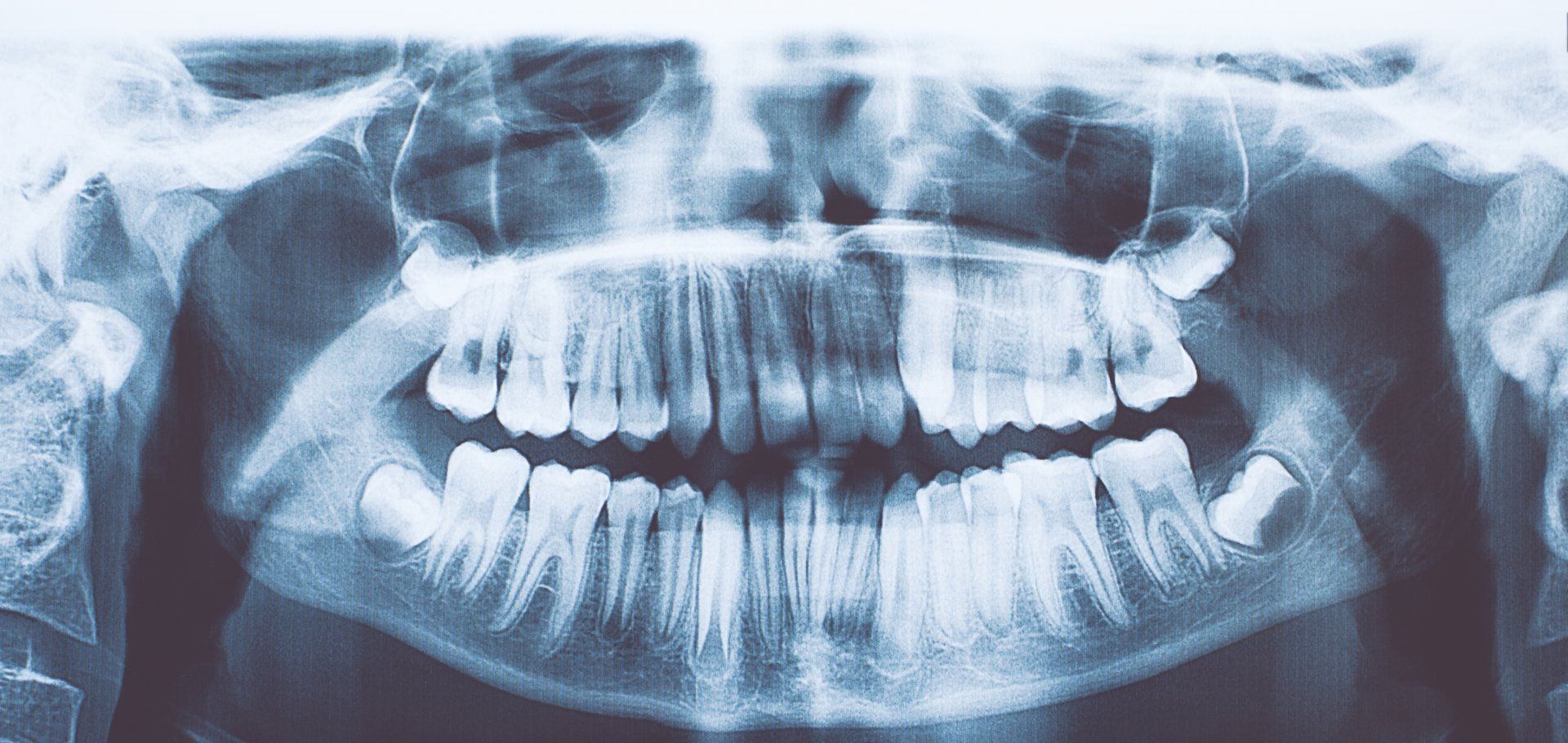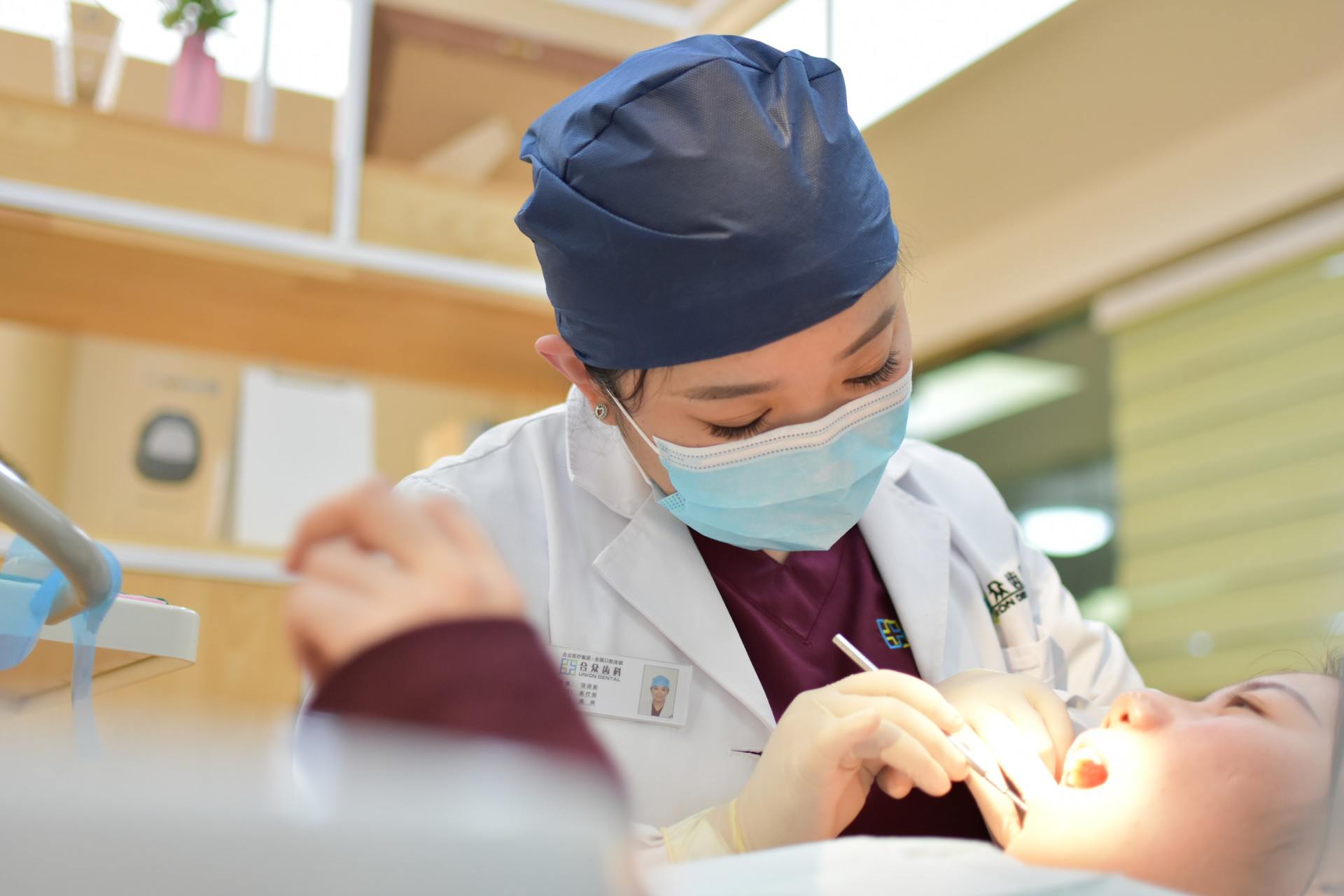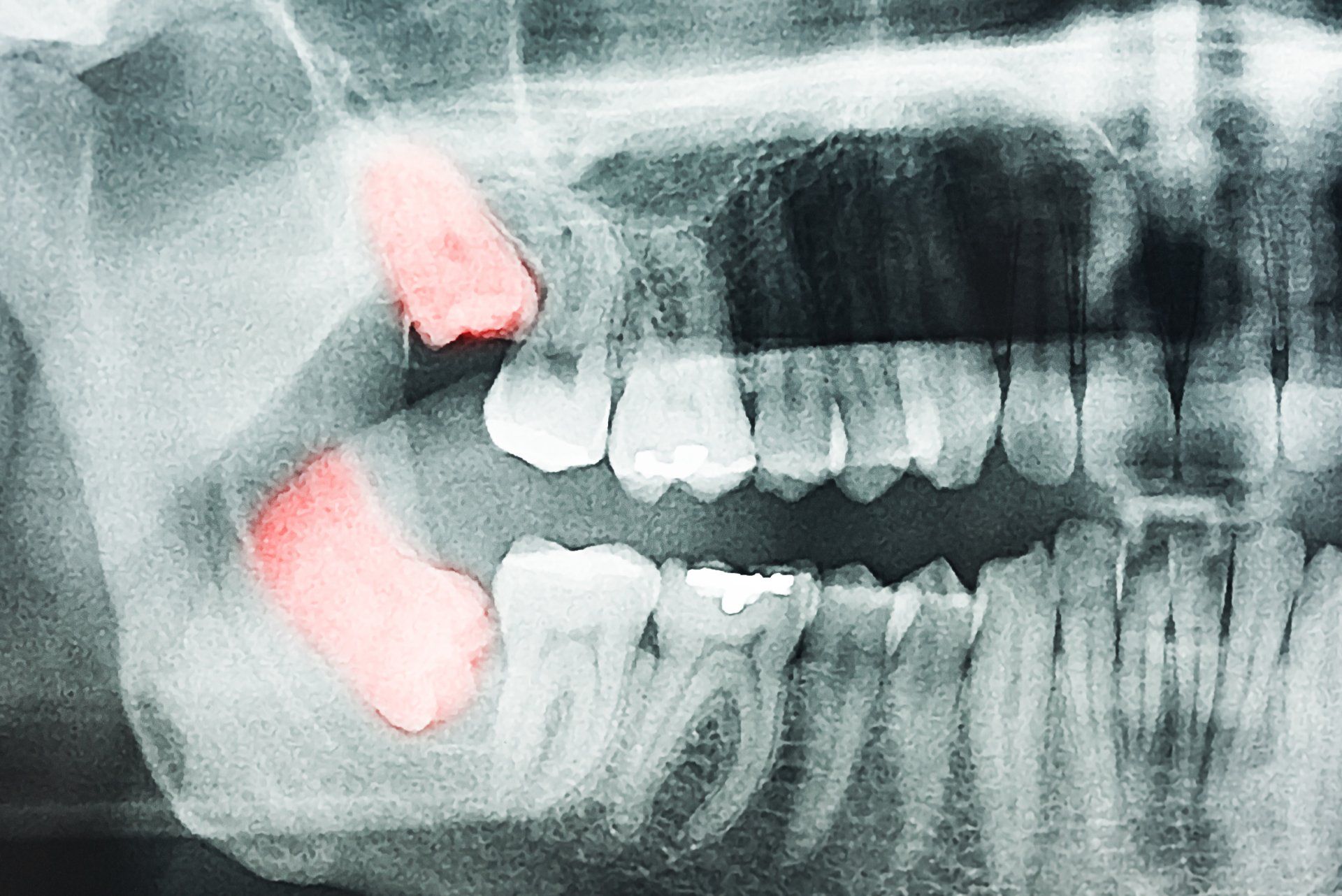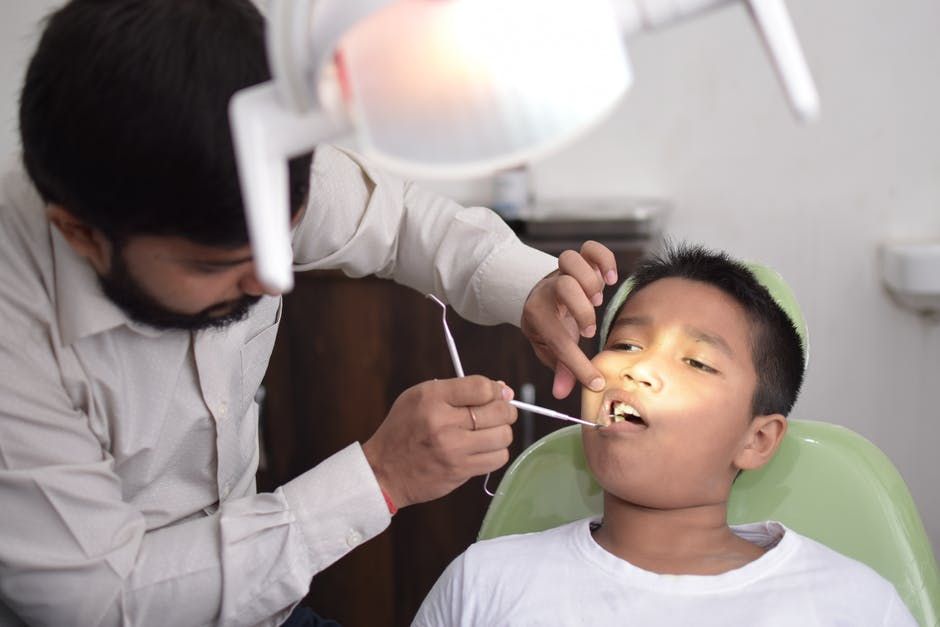Periowave Laser Treatment in Mississauga and Stoney Creek
What is Periowave laser treatment? It is a safe, effective, non-invasive way to treat periodontal disease.
Gum disease is a significant contributor to tooth loss, oral infections, and pain. Instead of sending patients to a periodontist (gum specialist) for invasive gum surgery, we first opt to treat the disease with Periowave laser treatment.
Signs You Have Periodontal Disease and Need Gum Treatment
In addition to being the leading cause of tooth loss in adults, gum disease is also linked to heart disease, stroke, diabetes, dementia, and pregnancy complications.
In the early stage of gum disease – called gingivitis – a patient has red, swollen gums. At this point, the disease can be reversed. However, left untreated, the disease will progress and cannot be reversed. It can be arrested, though, which is why it is vital to see a Periowave laser treatment dentist as soon as possible.
Signs a patient has periodontal disease include:
01
Swollen gums
02
Red (instead of pink) gum tissue
03
Bleeding during brushing or flossing
04
Bad breath
05
Gum sensitivity/soreness
06
Tooth sensitivity
07
Loose teeth
08
Pain with chewing
09
Receding gums (teeth appear longer)
What Causes Periodontal Disease?
Periodontal disease is a chronic infection caused by bacteria or parasites.
Good oral bacteria are an extension of our immune system, fighting disease-causing germs that we ingest.
A by-product of the bacteria is the plaque that builds up on our teeth. If not removed, the plaque calcifies. At this stage, it is called calculus or tartar, a substance that only a dental professional can remove with specialised instruments.
Plaque and tartar build-up around the teeth and in the gum pockets, irritating the delicate gingival tissue. The gums will start to recede to distance themselves from the irritating plaque/calculus. Eventually, the bone around the teeth will recede, too.
What Are the Periowave Laser Treatment Benefits?
Laser treatment allows a dentist to remove the bacteria in the gum pockets and around the teeth. The procedure is pain-free and preserves the gum tissue.
In the past, to treat the chronic infection, periodontists would surgically remove some of the gum tissue around the teeth. The goal was to clean out the gum pockets and reduce the pocket depth. Sometimes, some of the bone around the teeth needed to be reduced as well.
The procedure was invasive and left the patient with sore gums that would take days to weeks to heal. Removing the gum tissue left gaps in between the teeth, which was not aesthetically pleasing. Unfortunately, these gaps led to food impaction and made it more difficult to keep the teeth clean.
Periowave laser treatment keeps the gum tissue intact. The only thing it removes is the bacteria or parasites that caused the infection. It is a safe, long-term solution to periodontal care and optimal oral health.
Besides being non-invasive, some other benefits of Periowave laser treatment include:
How Periowave Laser Treatments Are Done
The dentist will start by numbing the gum tissue to be treated. Other Periowave laser treatment steps include:
Inserting a small fiberoptic tip into the gum pocket
Activating the laser
The laser then selectively removes any diseased tissue and bacteria/parasites
An ultrasonic cleaner is placed into the pocket to remove tartar on the tooth/roots
The laser tip is reinserted into the pocket to remove any remaining diseased tissue
Periowave Laser Treatment Explained: FAQs
Following are some of the questions we hear most often about Periowave laser treatment.
Where to Get a Periowave Laser Treatment?
Do patients need to see a periodontist (gum specialist) for this therapy? Not at all. They can see their general dentist for this treatment, as well as follow-up care.
Are There Any Periowave Laser Treatment Risks?
Laser gum treatment is safe and pain-free. Some patients experience tender gums after the procedure, but it goes away within a few days. Salt-water rinses will help.
How Long Does Periodontal Laser Therapy Take?
Treatment can be completed in approximately two hours, depending on the damage and extent of the disease.
Can I Get Gum Disease Again?
Yes, it is possible to get gum disease again, which is why regular maintenance visits and exams are vital to long-term oral health.
How Much Does Periowave Laser Treatment Cost?
The cost of laser treatment is comparable to traditional periodontal surgery.
Periowave Laser Treatment Near Me: We Have Opened a Second Location
We now provide Periowave laser treatment in two locations for patient convenience, including Mississauga and Stoney Creek, ON. Choosing the office that is closest to their home or workplace allows our patients to get to their dental appointments with ease.
Are you experiencing gum soreness or bleeding when you brush or floss? You could have the early stages of gum disease. Contact us right away to schedule a comprehensive oral evaluation.
A Monthly Blog to Keep Up with Your Dental Health
